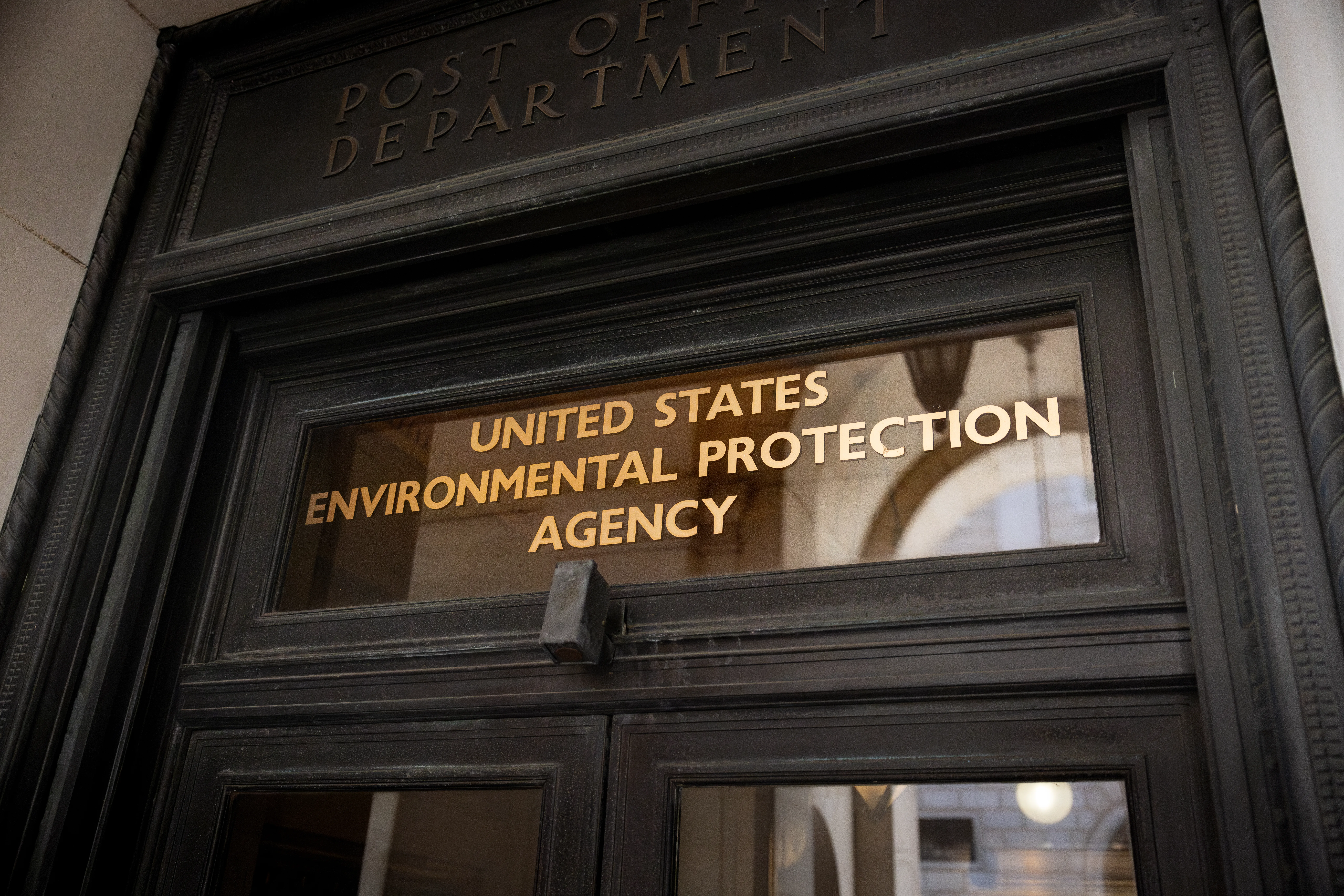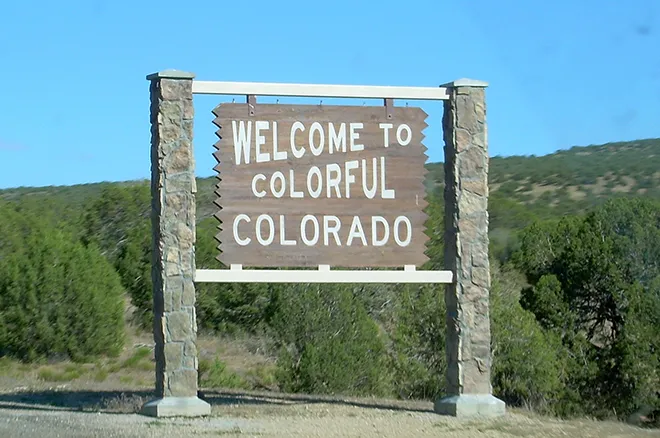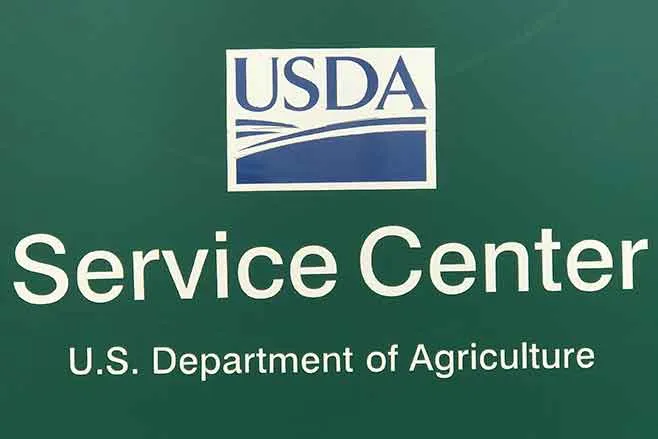
Court case in North Dakota calls federal environmental review regime into question
This story originally appeared in the North Dakota Monitor.
A lawsuit before a North Dakota federal district court could upend nearly five decades of environmental regulations affecting infrastructure projects.
The Council on Environmental Quality was created through an executive order by President Richard Nixon in 1969. It implements the National Environmental Policy Act, which directs federal agencies to assess how projects under their jurisdiction will impact environmental factors like air and water quality.
A coalition of 21 Republican-led states, including North Dakota, seeks to overturn a new regulation adopted by the council that took effect in July. The states argue that the rule introduces unreasonable requirements that will slow or even sink important infrastructure including new highways, airports, bridges and water systems, and unlawfully over-emphasizes climate change and environmental justice in the environmental review process.

In a lawsuit filed in May, the states asked the court to strike down the rule, direct the council to adopt regulations consistent with federal law and reinstate a weaker version the agency enacted during President Donald Trump’s administration in 2020.
A group of 13 other states, including Colorado, plus the District of Columbia, New York City and a handful of advocacy groups, have joined the case on the side of the Council on Environmental Quality. The defendants argue the agency’s work is vital to protect the environment and public health, and that the 2024 rule should be left in place.
A different lawsuit over a proposed Utah railway, which could result in a dramatic increase in hazardous oil shipments through Colorado, also has the potential to weaken implementation of the National Environmental Policy Act. The U.S. Supreme Court will hear oral arguments in that case December 10.
It’s possible that neither side will get what it wants in the North Dakota case. In a hearing last month, U.S. District Court Judge Daniel Traynor said the Council on Environmental Quality’s entire regulatory regime may be unlawful.
The U.S. Court of Appeals for the D.C. Circuit found in a November order that the agency does not have rulemaking authority because Congress never explicitly granted it the power to implement the National Environmental Policy Act. The appellate court did not strike down any of the council’s regulations, leaving it up to other courts to decide whether the rules should stand.

Traynor questioned how he could leave the regulations intact given the D.C. court’s findings. He said if he were to apply the court’s reasoning to the North Dakota case, he may conclude that all National Environmental Policy Act regulations passed by the council are void. The council issued its first rule implementing the act in 1978.
“If they have no authority, they have no authority,” Traynor said of the council. “It is a paper tiger.”
An attorney representing the Council on Environmental Quality, Gregory Cumming, rebuffed during the hearing the notion that the agency is operating without approval from Congress. The council keeps Congress apprised of its work with annual reports, he noted. If the assembly did not want the agency to pass rules, it could have passed legislation clarifying that stance, Cumming said.
Jan Hasselman — an attorney representing several advocacy groups that joined the case as defendants — said there’s a reason the council’s rulemaking authority has gone unquestioned for almost five decades.
“Nobody benefits when there’s no rules,” he told the judge. “It’s just sort of a mutually assured destruction.”
Traynor voiced skepticism that such a decision would create disarray. Even if the council’s rules disappear, other local and federal regulations would still be intact, he reasoned.
“It’s not like it becomes the wild west,” he said.
Traynor asked the plaintiffs and defense to prepare legal briefs explaining how they would be impacted if he adopts the D.C. court’s reasoning.
© iStock - Rawpixel
The discussion came as part of a hearing on motions for summary judgment by the plaintiffs and defense. Both sides asked Traynor to decide the case in their favor without going to trial.
James Auslander, an attorney representing the plaintiff states, said the council is unlawfully and arbitrarily infringing on state sovereignty and the new rule will cause them significant economic harm.
“These are critical projects for plaintiff states and our citizens,” Auslander said.
Cumming argued the plaintiff states have not demonstrated that the new rule has actually harmed them, and that many of the components of the rule challenged as cumbersome are guidelines, not requirements.
Traynor took the motions under advisement and has yet to issue a ruling.
The 21 plaintiffs states are Iowa, North Dakota, South Dakota, Kentucky, Utah, Idaho, Wyoming, South Carolina, Kansas, Virginia, West Virginia, Tennessee, Arkansas, Florida, Georgia, Louisiana, Missouri, Montana, Nebraska, Texas and Alaska.
The 13 states that joined the defense as intervenors are California, Oregon, Washington, Massachusetts, Colorado, Michigan, Illinois, Maine, Maryland, New Jersey, New Mexico, New York and Wisconsin.
North Dakota Monitor is part of States Newsroom, a nonprofit news network supported by grants and a coalition of donors as a 501c(3) public charity. North Dakota Monitor maintains editorial independence. Contact Editor Amy Dalrymple for questions: info@northdakotamonitor.com. Follow North Dakota Monitor on Facebook and X.
Colorado Newsline is part of States Newsroom, a nonprofit news network supported by grants and a coalition of donors as a 501c(3) public charity. Colorado Newsline maintains editorial independence. Contact Editor Quentin Young for questions: info@coloradonewsline.com. Follow Colorado Newsline on Facebook and X.

















